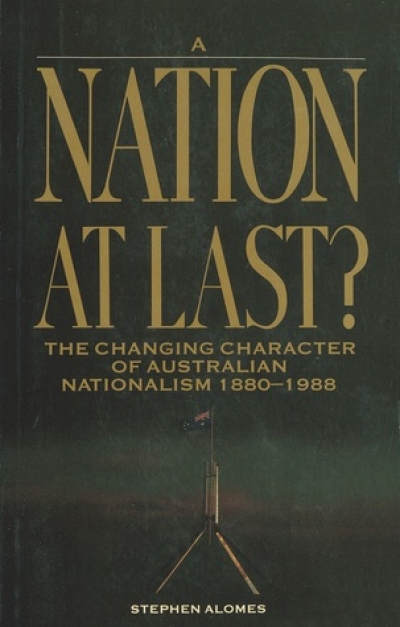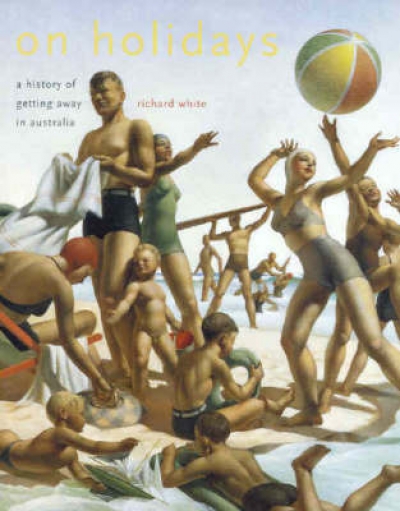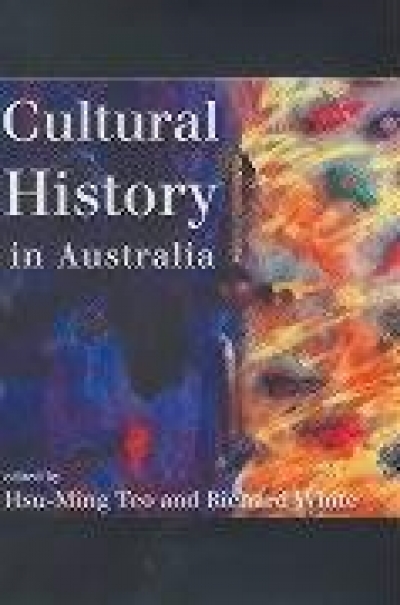The editors of this book declare that cultural history is fashionable, so fashionable that it stands in for what might otherwise be known as ‘general history’ or even just ‘history’. ‘When historians set out to write the history of everything,’ they claim, ‘these days they are most likely to imagine themselves writing cultural history.’
Why, then, is it necessary to assemble a collection of essays on the subject? It cannot be simply to celebrate the triumph of this form of history, since many of the contributors are still urging its attractions. The purpose might be to demonstrate the range and accomplishment of cultural history in Australia, since the collection includes some distinguished local practitioners – except that their contributions to the genre are well established and readily available. Alternatively, such collections can provide the opportunity to consider the theory and method of cultural history, and quite a few of the contributors do so – but mostly with reference to their own practice.
...
(read more)



